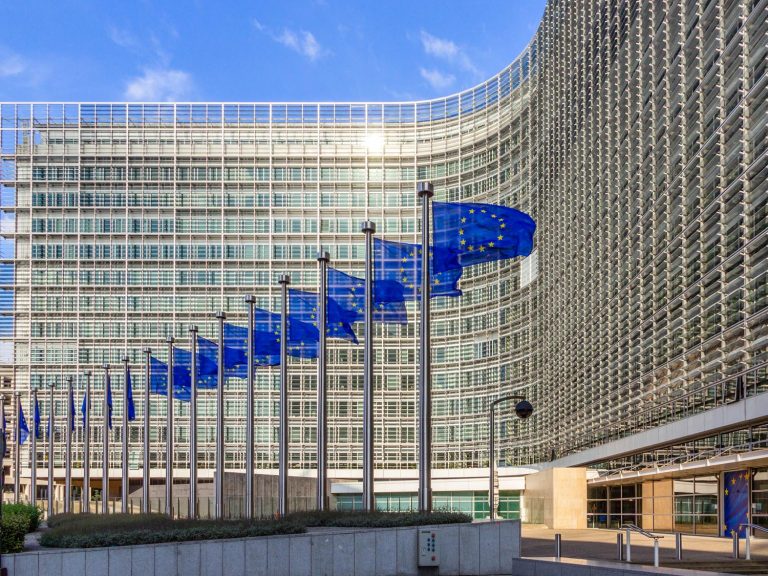
Date:
EU’s carbon border initiative threatens 40% tariffs
The introduction of the EU carbon border adjustment mechanism (CBAM) places reporting responsibilities on companies trading with the bloc in carbon-intensive products from the 1st October 2023 and businesses will have to buy certificates to cover emissions embedded in products from 2026.
With CBAM tariffs likely to account for over 17% of the landed cost of applicable steel imports in 2030, rising to over 40% by 2034, CBAM will have a profound impact on the cost UK manufacturers pay for components sourced via the EU.
The paperwork and costs associated with the carbon tax will land on UK companies who supply to EU businesses, and could potentially be passed onto UK manufacturers sourcing components from the EU.
The British government is consulting industry over introducing a UK version of the EU’s carbon border tax, but with divergence between the two schemes, domestic businesses will need to demonstrate compliance with the EU’s rules.
Legislation going through the EU threatens more divergence, with the upcoming carbon border tax, plastic packaging rules and draft supply chain due diligence laws being discussed by member states.
From October this year EU companies will have to compile reports on the carbon emissions attached to some imported goods, including steel, aluminium and fertilisers and from 2026, there will be cost pressures factored into where suppliers are chosen.
One of the biggest challenges for UK businesses is the widely differing approaches of 27 individual EU member states to implementing regulations like the bloc’s requirement to recycle plastic packaging.
When the UK was an EU member, companies were presumed to have complied for the entire single market, but now some countries apply rules more strictly than others, insisting that UK companies provide proof that plastic components of manufactured goods comply with regulations.
Trade associations and the British Chambers of Commerce say that now the UK is no longer automatically transposing EU law and the government needs to do more to assess the impact of future EU regulations, as well as using the Trade and Cooperation Agreement to work better with Brussels.
It remains to be seen what direct impact the carbon border initiative may have on our customers’ EU exports and imports.
We will monitor the evolving situation to keep you informed and see where we might mitigate impact and in particular with the EU’s reporting requirements.
Our MVT Eco module is already prepared for Scope 3 reporting of emissions that are not produced by your company and are not the result of activities from assets owned or controlled by you.
To request a demo or learn more, please EMAIL Ian Powell.
